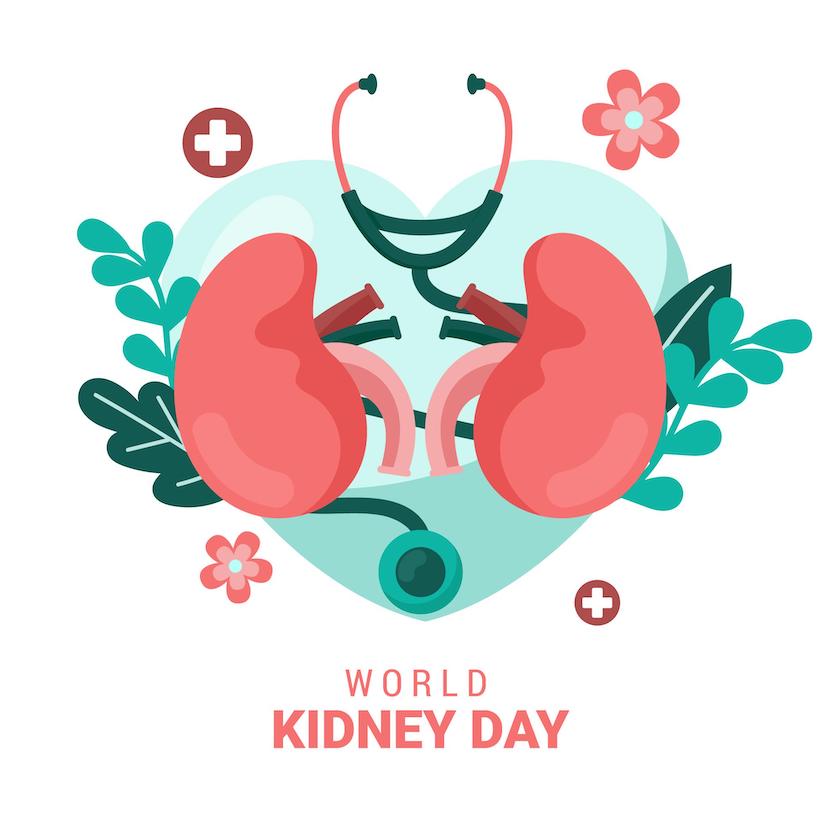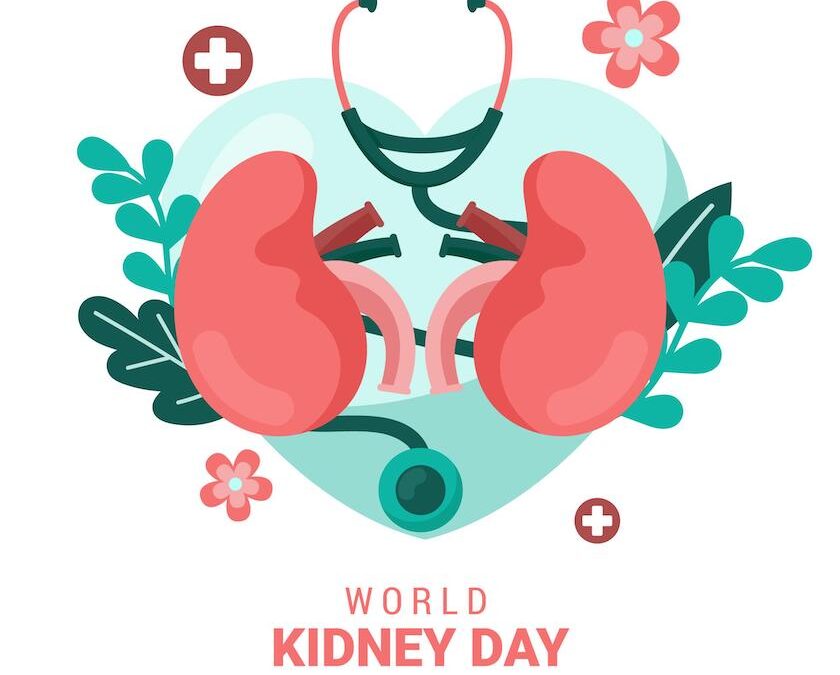
Elderly Care in Sunrise FL: Kidney Disease
Know the Risk Factors
Two of the biggest risks for developing CKD are having high blood pressure or diabetes. Other risk factors include:
- Cardiovascular disease.
- Smoking.
- Obesity.
- Having other family members with kidney disease.
- Advanced age.
- If your aging relative is at risk for CKD, their doctor should perform tests regularly to watch for signs of the disease.
- Achieve and Maintain a Healthy Body Weight
Older adults should work to reach a healthy body weight. If they aren’t certain what their weight should be, the doctor can advise them. Reaching a healthy body weight requires eating a healthy diet and reducing the number of calories eaten. Physical activity will also help with weight loss as well as improving overall health.
Use Over-the-Counter Medications Properly
It’s important to always follow the instructions on over-the-counter painkillers since using too much of them can result in damage to the kidneys. Older adults should also consult a doctor before using painkillers to ensure they will not interact with other medications they are taking.
Control Medical Conditions that Lead to CKD
Seniors who have medical conditions that can lead to CKD, like diabetes or high blood pressure, should work with the doctor to manage them. They should take medications as instructed and follow the doctor’s advice regarding diet and exercise. Also, be sure to attend regular medical appointments to monitor the condition.
Quit Smoking
If your older family member smokes, it’s important that they quit. Smoking damages the kidneys and worsens already present damage. A doctor can help the older adult to quit smoking using medications and other strategies.
Limit Alcohol Use
Drinking alcohol can increase blood pressure. It may also cause weight gain because of the calories it contains. Women should have no more than one drink per day. Men should have only two.
Get Help from Elder Care
Elder care can assist older adults to manage their risk of developing CKD. Elder care providers can make certain the senior is managing any current conditions that may lead to CKD by reminding them to take medications and driving them to medical appointments. Elder care providers can also provide encouragement and support to seniors who are trying to quit smoking. And, elder care providers can help improve the overall health of the senior by preparing healthy meals and keeping them physically active.
If you or an aging loved-one are considering In-Home Elderly Care in Sunrise, FL, please contact the caring staff at IDS In-Home Care today. Providing In-Home Care Services in Broward County: 954-476-5353 and Palm Beach County: 561-988-8483
Sources
Cdc.gov
Niddk.nih.gov
Webmd.com
Mayoclinic.org

Jeff Stern
Owner at IDS In-Home Care
Jeff Stern is the Owner at IDS In-Home Care.
IDS In-Home Care stands for Independence, Dignity & Security, so naturally our mission is to help our clients achieve a life of Independence and Dignity in the Security of their own homes.Posted in Elder Care in Sunrise FL, Elderly Care in Sunrise FL and tagged Chronic Kidney Disease, Elderly Care in Sunrise FL


Recent Comments